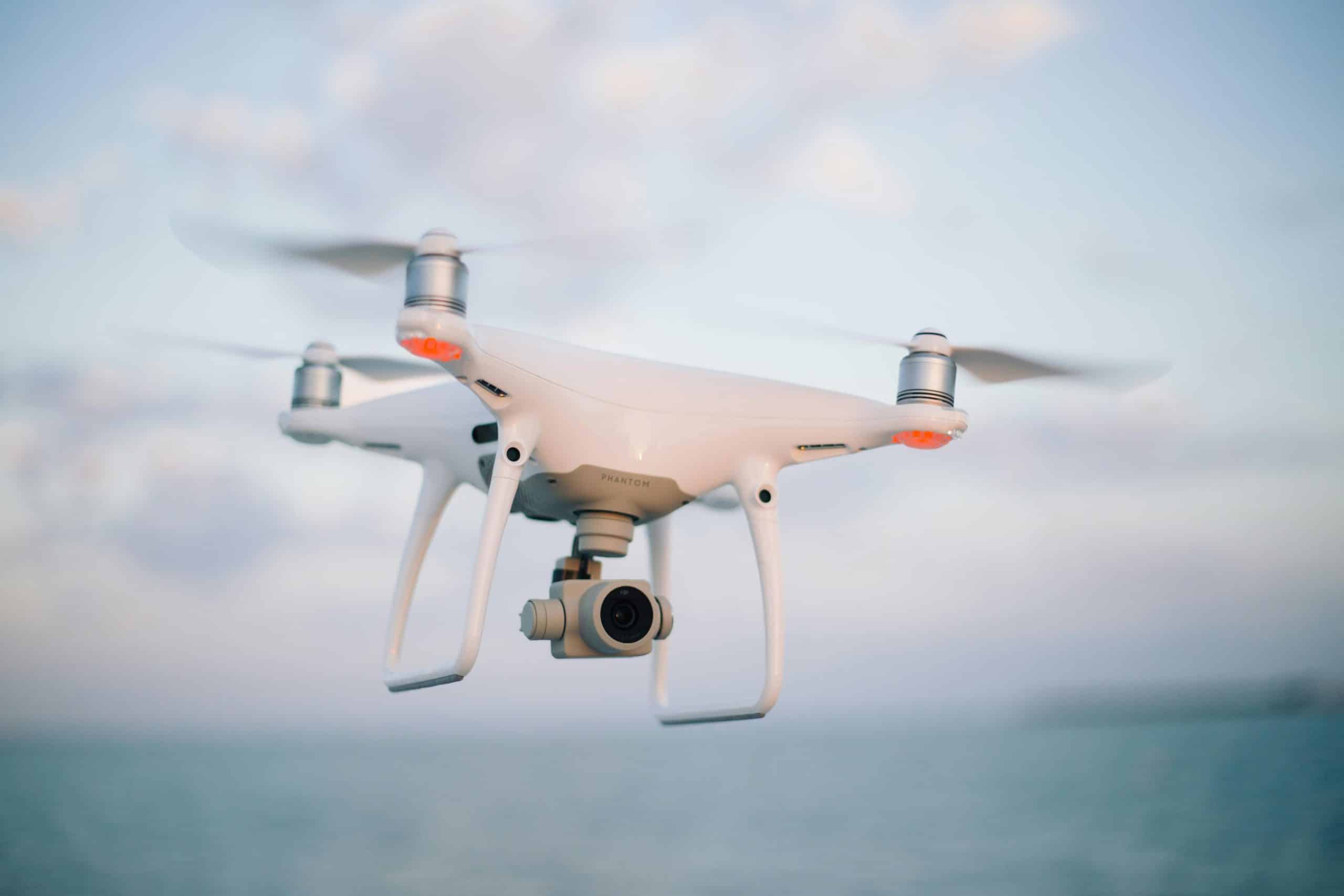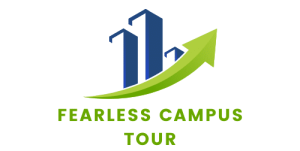What are the legal implications for UK businesses of using drones for commercial photography?

The widespread adoption of drones in various industries has revolutionized the way businesses operate. In particular, commercial photography has seen significant transformations, with drones now enabling businesses to capture stunning aerial images and videos. However, with the increasing use of drones in the UK comes a raft of legal implications that businesses need to comprehend. The Civil Aviation Authority (CAA) has put forth stringent laws and regulations concerning drone operations that businesses must adhere to. In this article, we'll delve into these laws and regulations, the risk of non-compliance, and the potential privacy and property issues that may arise during the use of drones for commercial photography.
Understanding the CAA Regulations for Commercial Drone Operations
The Civil Aviation Authority (CAA) is the statutory corporation regulating and overseeing all aspects of civil aviation in the UK. For drone operators, the CAA provides guidelines that lay out the rules for flying drones in UK airspace. These rules apply to both recreational and commercial drone operations. When you fly a drone for commercial purposes, you are entering a regulated zone where the CAA has the final say.
A lire en complément : What legal strategies should UK businesses use to handle union negotiations?
Commercial operators of drones must understand the CAA's drone code, a set of rules to ensure that drone flights are conducted safely and responsibly. The drone code specifies that drone operators must fly their drones within visual line of sight, at a maximum altitude of 400 feet, and stay well clear of aircraft, helicopters, airports, and airfields.
Moreover, for commercial drone operations, the operator must have permission from the CAA. This permission is known as the Permission for Commercial Operations (PfCO). To obtain this permission, an operator has to demonstrate that they can operate the drone safely. This often involves submitting a written operations manual and undergoing a practical flight assessment.
A lire également : What are the detailed legal requirements for a UK business applying for a government grant?
The Risk of Non-Compliance with Drone Regulations
Non-compliance with drone regulations can lead to serious consequences. If you fly a drone without the CAA's permission, you could face prosecution. Additionally, if your drone endangers the safety of an aircraft, it is a criminal offence that can lead to a prison sentence.
Failure to comply with the regulations can also expose your business to significant risk. For instance, if an accident occurs and your business has not followed the regulations, you could find your insurance invalidated. This could leave your business footing the bill for damage to property or injury to individuals.
The potential legal implications extend beyond just fines and prison sentences. The negative publicity that can come from legal action can harm your business's reputation, leading to a loss of customers and revenue.
Potential Privacy and Property Issues with Commercial Drone Photography
Privacy is a significant concern with drone photography. The Information Commissioner's Office (ICO), the UK’s independent authority set up to uphold information rights, has issued its own guidelines on drone use. It states that if a drone has a camera, its use has to comply with the Data Protection Act. The Act contains rules about collecting, storing, and sharing personal data.
In practical terms, this could imply that if your drone captures images of individuals, homes, or other private property, you could be breaching privacy laws. It’s important to understand that even accidental capture of such images may be considered a breach.
Therefore, for businesses using drones for commercial photography, ensuring that flights do not infringe upon people's privacy is crucial. It's recommended to plan flights carefully to avoid areas where privacy might be compromised and to give notice to people before flying over them.
Drones, Commercial Photography and Intellectual Property
When it comes to commercial drone photography, intellectual property rights can be a potential legal implication. Since drones can easily capture images and videos from high vantage points, there might be instances where they inadvertently capture copyrighted or trademarked material.
For instance, if a drone captures a piece of public art, a building with a unique architectural design, or a company's logo in its footage, the owner of the copyright or trademark might argue that their intellectual property rights have been infringed. This risk increases when the drone photography is used for commercial purposes, as it could be seen as profiting from someone else's intellectual property.
Therefore, commercial operators need to be aware of potential intellectual property issues and take necessary precautions to avoid any inadvertent infringement. This could include planning flight paths to avoid these potential issues or obtaining the necessary permissions beforehand.
The use of drones in commercial photography presents a myriad of opportunities for businesses, but it is crucial to understand and navigate the legal landscape successfully. It all hinges on following the CAA’s rules and regulations, understanding the privacy and intellectual property rights of others, and operating drones safely and responsibly. It is a fast-evolving field, and businesses need to stay abreast of the latest updates in the laws and regulations to mitigate potential risks.
Navigating Data Protection Laws in Drone Photography
Data protection is a crucial aspect of drone photography in the United Kingdom, especially with the increasing use of drones for capturing personal data. This involves more than just complying with the general rules of the Civil Aviation Authority (CAA); it requires a detailed understanding of the Data Protection Act.
According to the Information Commissioner's Office (ICO), any drone equipped with a camera is subject to the Data Protection Act. This means that the drone operator must take care not to infringe on people's privacy while capturing images or videos. The ICO guidelines stipulate that personal data should be collected and stored responsibly, and it should not be shared without the consent of the individuals involved.
This indicates that even a seemingly harmless act of flying a drone could potentially lead to a breach of privacy laws. For instance, if a drone inadvertently captures images of private homes or individuals without their consent during a commercial shoot, it could amount to a violation of privacy laws. Even if the capture of such images was unintentional, the drone operator could still be held responsible.
To ensure the responsible use of drones, commercial drone operators should carefully plan their flight paths to avoid areas where privacy might be infringed. Furthermore, they should always notify people before flying a drone over them. By being cautious and respecting privacy laws, businesses can mitigate potential legal risks tied to data protection in drone photography.
Training and Certifications for Drone Pilots in the UK
The legal implications of using drones for commercial photography in the UK extend beyond privacy and data protection laws. The onus is also on drone pilots to obtain the necessary certifications and complete the required training. The Civil Aviation Authority (CAA) has specific regulations in place to make sure that drone pilots are adequately trained and competent.
In the UK, any remote pilot flying a drone for commercial purposes must get the Permission for Commercial Operations (PfCO) from the CAA. To get this permission, drone pilots need to pass a written theory test, demonstrate their practical flying skills, and submit an operations manual that details how they plan to use the drone.
Moreover, as of March 2024, the CAA has introduced a new certification for drone operators, known as the General VLOS Certificate (GVC). This certificate is designed for drone pilots who intend to fly drones in the Specific Category of operations, which means operations that involve a certain amount of risk.
The GVC training course covers a wide range of topics, including understanding drone laws, navigating the UK airspace, and learning how to handle a drone safely. To obtain the GVC, drone pilots must complete a theoretical examination and a flight assessment.
In conclusion, it's clear that businesses need to take several steps to comply with UK drone laws. These laws are designed to ensure safety and privacy, and non-compliance can lead to serious consequences, including prosecution. Therefore, businesses must ensure that they understand and adhere to the regulations set forth by the CAA, respect the privacy and intellectual property rights of others, and ensure that their drone pilots are adequately trained and certified.
